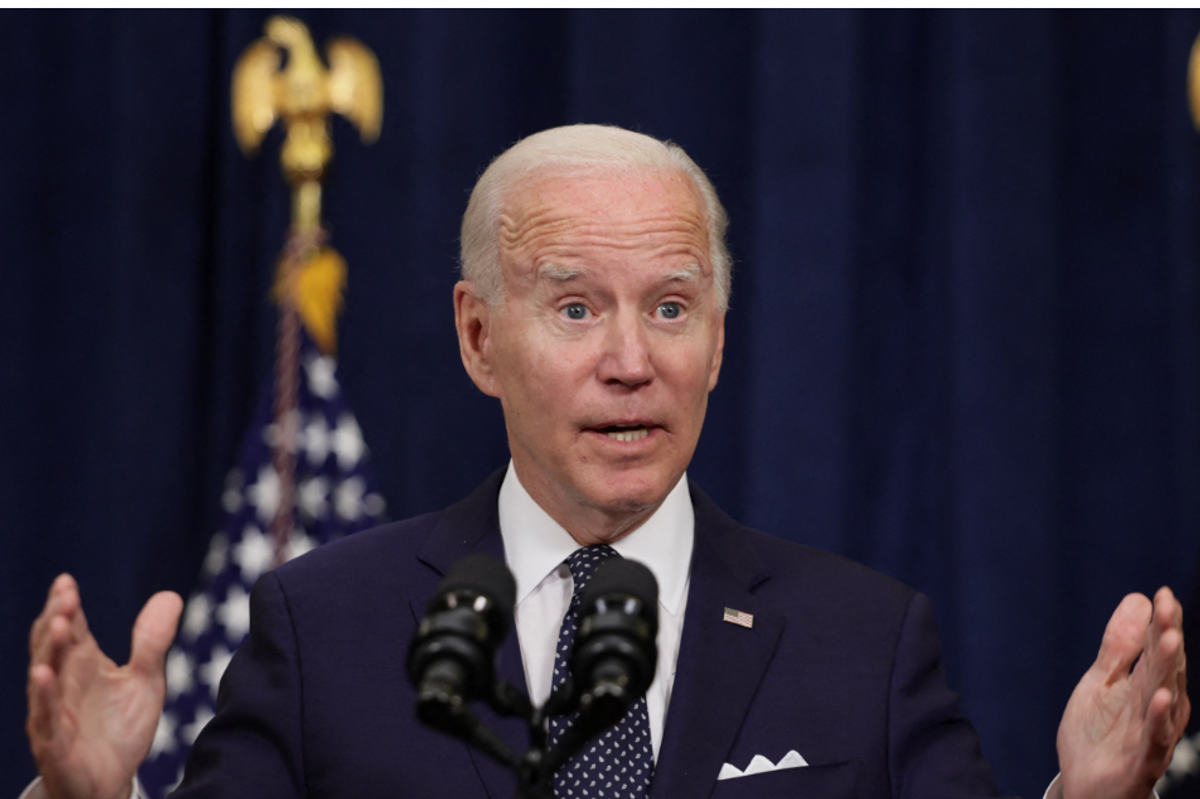Past and former executives of megabank JPMorgan Chase & Co. appeared before the Senate Permanent Subcommittee on Investigations Friday to respond to a report on the so-called “Whale Trades” that racked up losses of $6.2 billion.
“The JPMorgan Chase whale trades provide a startling and instructive case history of how synthetic credit derivatives have become a multi-billion-dollar source of risk within the U.S. banking system,” the report found.
The chairman of the subcommittee, Senator Carl Levin (D-MI), blasted both the bank that “roiled the $27 trillion credit derivatives market” and the regulators in the OCC who “fell down on the job” and ignored warning signs.
The bank’s new leadership seemed eager to take its licks and accept responsibility in hopes of averting more action by the government.
“This whole thing is regrettable and unacceptable,” Ashley Bacon, acting chief risk officer of the bank, told the subcommittee. “The onus of proof is on us now to demonstrate how this can’t happen in other places, how we weathered the financial crisis well everywhere else, and how we can make the entire firm a safer place to the satisfaction of you, everybody else and our regulators.”
The report found JPMorgan Chase systematically worked to hide the loss in order to avoid this exact kind of scrutiny.
“Our findings open a window into the hidden world of high-stakes derivatives trading by big banks,” said Levin. “It exposes a derivatives-trading culture at JPMorgan that piled on risk, hid losses, disregarded risk limits, manipulated risk models, dodged oversight and misinformed the public.”
Jamie Dimon, the CEO of JPMorgan Chase & Co, has been an extremely vocal critic of regulations passed after the TARP bailouts of 2008 and 2009, which his company participated in. Last year he said regulations cost the industry $1 billion, which is obviously a tiny fraction of the risks that come from unregulated trading.
The financial crisis is said to have cost a total of $12.8 trillion.
A movement to limit the size of “too big to fail” banks picked up steam last week when when Attorney General Eric Holder indicated that the size of financial institutions may prevent prosecutions for fear of shocking global markets.
Senator Sherrod Brown (D-OH) introduced the SAFE Act in 2010 to limit the size of financial institutions. He is currently working with Senator David Vitter (R-LA) to determine the costs to taxpayers of subsidizing banks that are bigger now than they were before the financial crisis.
Naked Capitalism‘s Yves Smith, who liveblogged the hearing, noted, “In all the post-crisis hearings I’ve watched, I’ve never seen such unanimity between the Democrats and the Republicans on the severity of the problem and the need for more regulation.”


